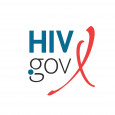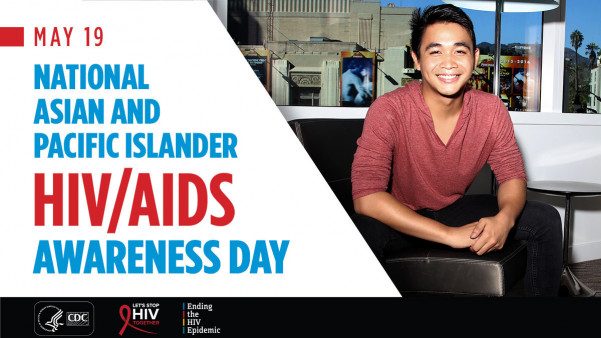Sunday, May 19, marks National Asian & Pacific Islander HIV/AIDS Awareness Day (NAPIHAAD). NAPIHAAD is a day to raise awareness and promote action against HIV and AIDS within Asian and Pacific Islander (API) communities. It also emphasizes the importance of education, quality care, and addressing stigma and related health conditions.
According to the CDC, in 2021, Asian people over the age of 13 represented 2% of all new HIV diagnoses in the United States. America’s HIV Epidemic Analysis Dashboard (AHEAD) shows national HIV data for the broader API community across six EHE indicators, HIV diagnosis, linkage to HIV medical care, incidence, knowledge of status, PrEP coverage, and viral suppression.
NAPIHAAD is an important reminder of the ongoing efforts to promote HIV prevention, testing, and treatment among Asian, Native Hawaiian, and Pacific Islander people and an opportunity to share important resources that can help combat the HIV epidemic. Please use the resources below to support the ongoing efforts to reduce HIV and AIDS in this community.
Resources
Read and share last year’s blog post about why National Asian & Pacific Islander HIV/AIDS Awareness Day still matters.
The CDC’s Let’s Stop HIV Together (Together) campaign offers resources about testing and treatment for Asian Americans, Native Hawaiians, and other Pacific Islanders. The campaign also provides messaging to use for NAPIHAAD to help spark conversations about HIV and to reduce HIV stigma in Asian and Pacific Islander communities.
You can also find more information about standing up to stigma on HIV.gov. Our HIV Testing Sites & Care Services Locator identifies nearby clinics and provides links to STI testing, PrEP, and HIV self-testing.
Connect With Us
Join the conversation on social media with the hashtag #APIMay19 and follow @HIV.gov. Visit the National Asian & Pacific Islander HIV/AIDS Awareness Day page and use HIV.gov’s basics information to share HIV facts, raise awareness, and find details about HIV testing, stigma, and its effects.
For additional HIV.gov resources and updates for other HIV observances, sign up for our email listserv.








Comments
Comments